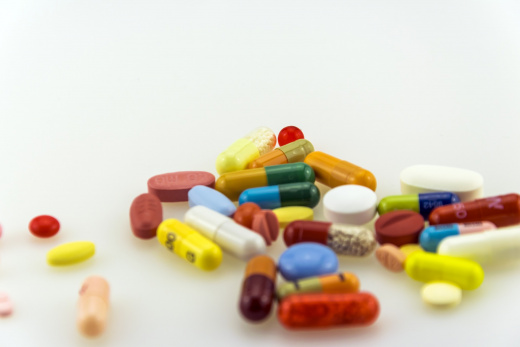Patients
Patients often do not know exactly which medication they have been prescribed and what they precisely use. This is certainly true for patients who use many different kinds of medication. An up-to-date medication overview helps the patient and their healthcare providers monitor their medication. The GP, specialist, and pharmacist can ask specific questions during a consultation based on the shared information.
Sharing medication data
The exchange of medication data from patient's files through the National Exchange Point started in 2013. Pharmacists have confirmed that the access to medication data helps them with monitoring prescribed medication. GP's also can see medication data. Over 65% of the 20 million files that are accessible through the National Exchange Point contain medication data.
MedMij
Recently, a pilot in the Nijmegen-region was launched under the MedMij-programme. Using the personal health environment 'MijnZorgnet' patients are given access to the summary of their GP-file (including medication data) using the National Exchange Point.
National Exchange Point (LSP)
'Volgjezorg' recognizes the researchers' response in the radio interview with the NOS: The electronic exchange of data can definitely contribute to avoiding medication errors. Healthcare providers, connected to the LSP regularly acknowledge that medication errors are prevented due to monitoring through the LSP. But for the exchange of medical data to work, patients need to give their healthcare providers (GP and pharmacist) permission to do so.
In recent years many healthcare providers have been asking patients for their permission for the exchange of their medical information. Over 11 million Dutch residents have done so since the beginning in 2013. Especially 'polypharmacy' patients (patients with multiple medication prescribers) and the elderly. This has created a solid foundation for the exchange of medical information. But an important concern in the exchange of medical data is the patient's privacy. Both for patients and their healthcare providers. That is why the National Exchange Point closely guards the patient's privacy and monitors the providers connected to the LSP.



